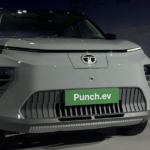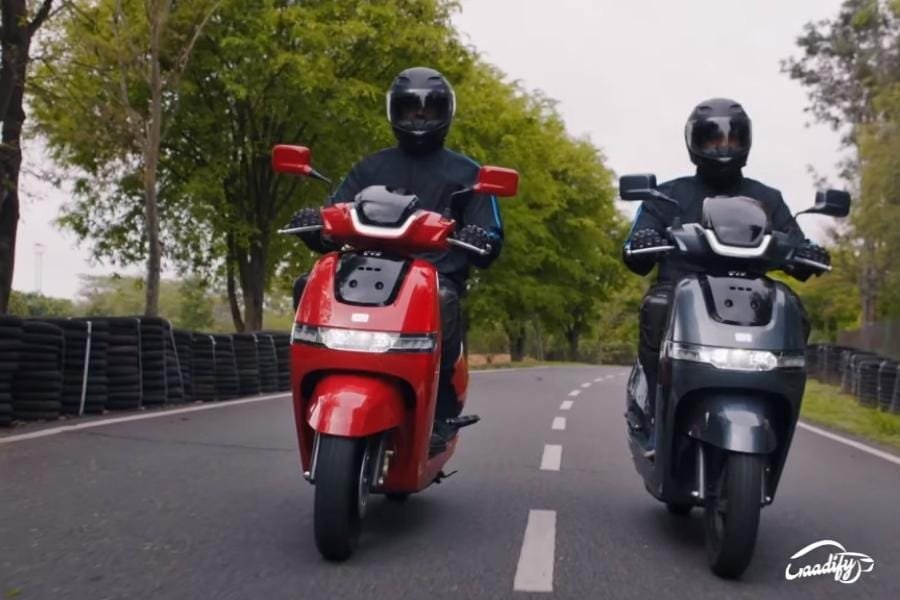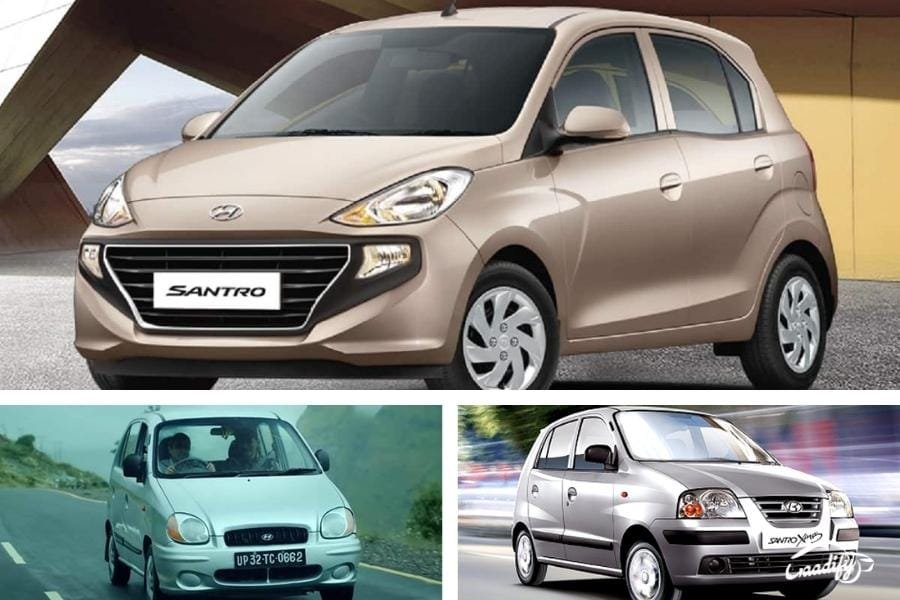Carlos Tavares, CEO of Stellantis automotive conglomerate recently announced its plans for the Indian market, revealing that the group’s first EV will arrive as early as 2023 under the banner of Citroen. This is in line with the brand’s global strategy called ”Dare Forward 2030”. Several other EVs are also expected to enter the market by the same time Citroen’s EV will arrive. These include Mahindra XUV300 electric, e-KUV100, and Tata Altroz EV.
While Tavares hasn’t disclosed much about the upcoming electric car, he revealed that the EV will be a locally produced sub-4m offering that will underpin the group’s compact CMP platform as the upcoming Citroen C3. Tavares has also revealed the brand’s intention to source batteries and cells from India for the rest of the world. Besides EV, an MPV and a crossover utility vehicle (CUV) are also on their plan for the Indian market.
“The cars we will make from Chennai will have over 90 percent localization. We would have liked to have batteries also from India, however, sourcing them locally is not possible as yet. As soon as this becomes a reality though, we will move towards sourcing batteries in India.” said the CEO.
Also Read: Citroen C5 Aircross Prices Increased By Up To Rs 1.4 Lakh
Since 2015, Stellantis conglomerate has invested over 1 billion Euros (over Rs 8000 crores) in our country. They see India as a supplier base for themselves that conforms with global quality standards. Tavares expects the EV penetration to gradually increase to 25-30% in India by 2030. However, Stellantis is aiming for 100% electric vehicle sales in Europe and 50% in the USA by end of this decade.
Currently, the mass-market EV segment is dominated by Tata Motors, which has three electric cars in the Indian market, all priced below Rs 20 lakh: Tata Tigor EV (Rs 12.49 – 13.64), Nexon EV (Rs 14.79 – 17.40 lakh), and Nexon EV MAX (Rs 17.74 – 19.24 lakh).








